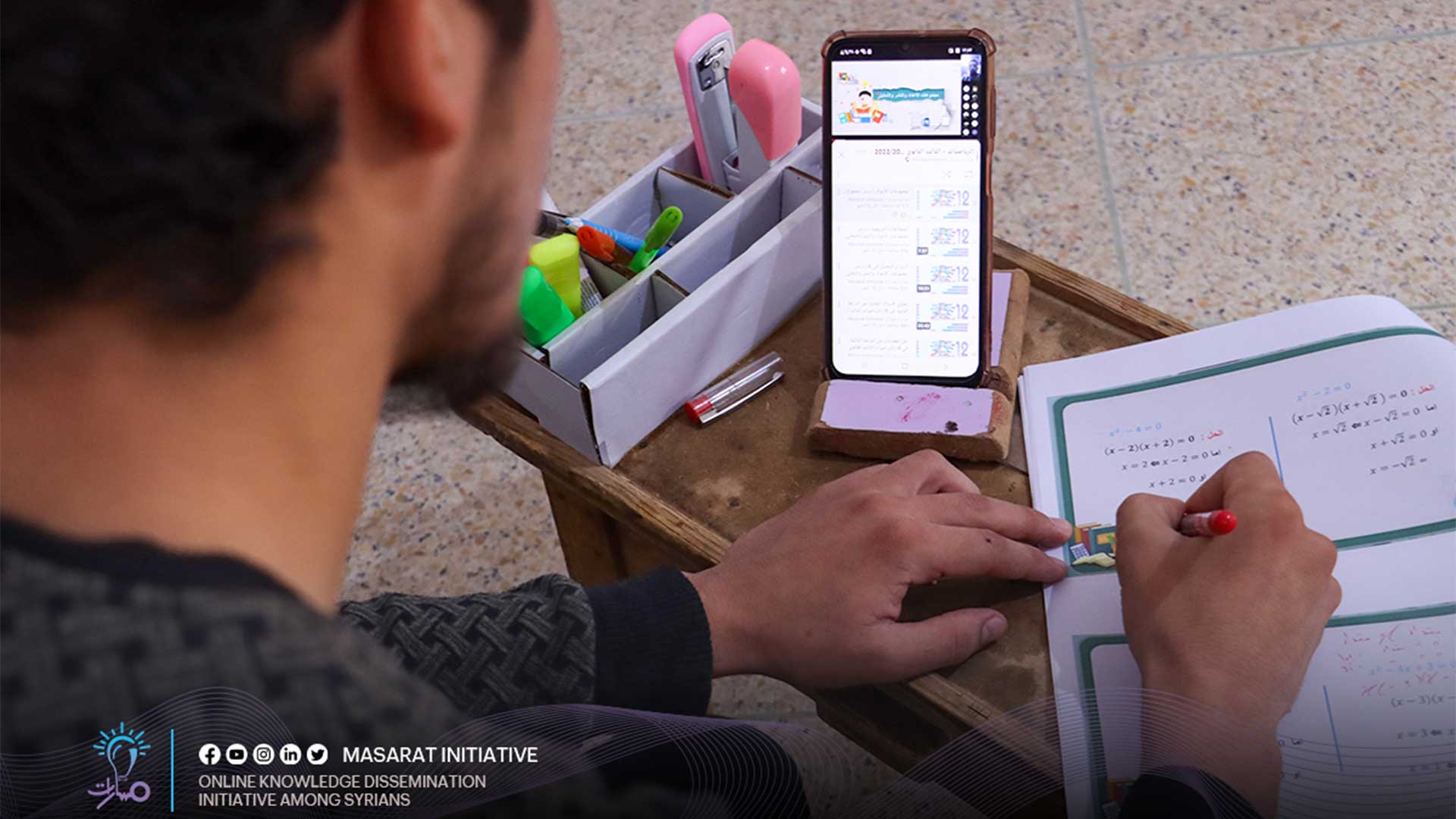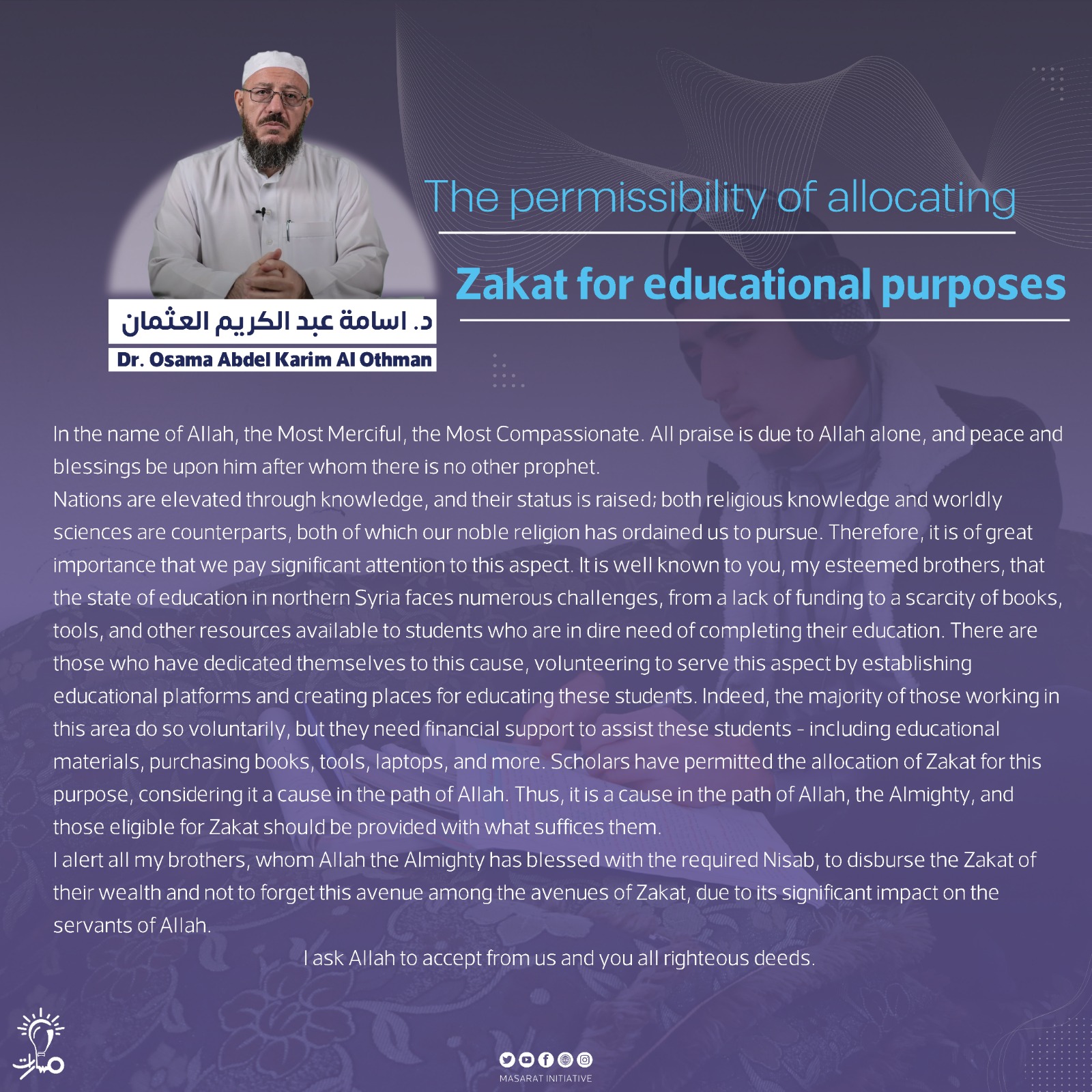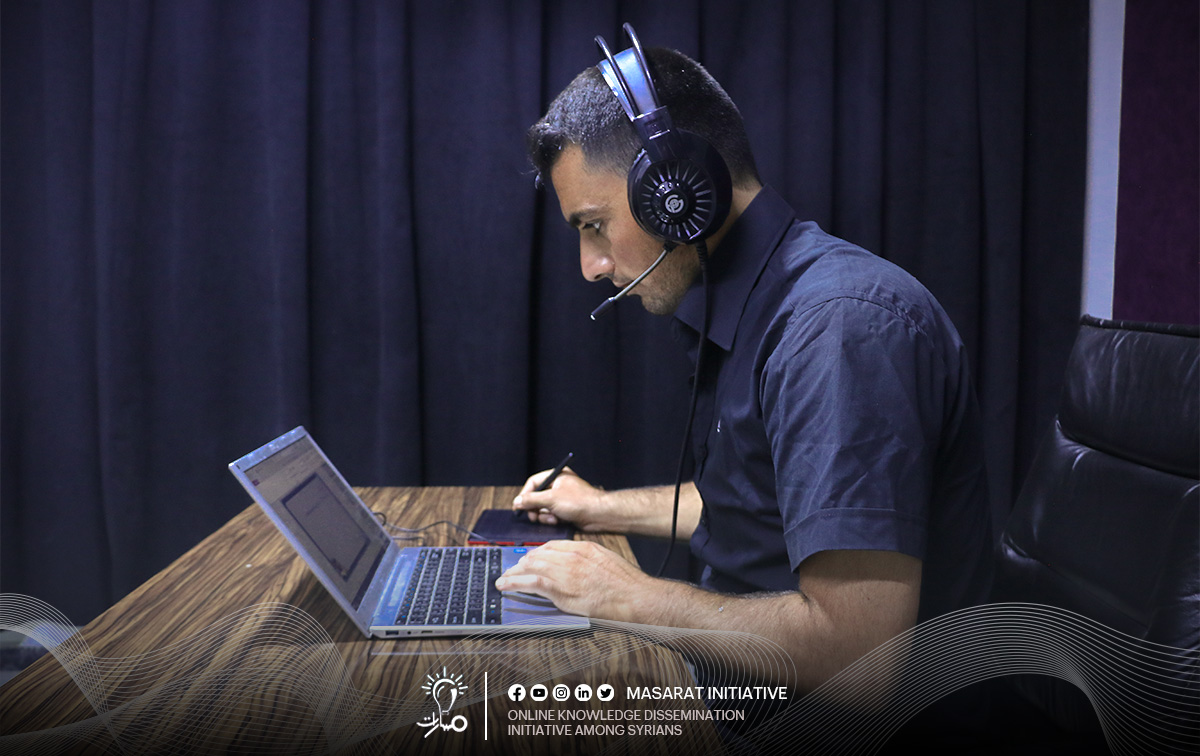Zakat is one of the five pillars of Islam, a compulsory act for Muslims in all Islamic countries. The term zakat linguistically means growth and purification, and technically it is a portion of wealth given by Muslims to the deserving poor.
In this article, we discuss Zakat al-Mal in Libya, its importance, nisab, conditions, and key Islamic rulings. We also present the viewpoint of the Libyan Dar al-Ifta on this subject.
Zakat al-Mal and Its Amount in Libya
In Libya, the Islamic rulings on Zakat al-Mal stipulate that zakat should be paid on the surplus wealth of the zakat payer, and it becomes obligatory when a lunar year has passed on wealth reaching the nisab. If the wealth does not decrease below the nisab during the year, zakat must be paid in Libyan dinars.
Nisab of Zakat al-Mal in Libya in Libyan Dinar
The nisab for Zakat al-Mal in Libya is the value of 85 grams of gold; this is the threshold upon which zakatable wealth is calculated.
The nisab is calculated by estimating the market price of a gram of gold and multiplying it by 85 to arrive at the correct nisab for wealth in Libyan dinars.
What is the Amount of Nisab for Zakat al-Mal in Libya?
The amount of nisab for Zakat al-Mal in Libya is equivalent to the price of 85 grams of gold. If the wealth of the zakat payer reaches this amount, zakat becomes obligatory.
The Libyan Zakat Fund has declared that the nisab for Zakat al-Mal is 35,000 dinars, varying with the market price of gold in Libya.
The mathematical equation for the amount of Zakat al-Mal in Libya is: price of gold per gram × 85 = nisab value.
The equation for calculating the nisab is: price of gold per gram × 85 = nisab value.
How to Calculate Zakat al-Mal in Libya
Zakat al-Mal can be calculated by knowing the required nisab on the day the zakat is to be paid, then 2.5% of the total amount intended for zakat is taken by multiplying the amount by 2.5 and then dividing by 100 to derive the zakat due.
Example: If the zakat payer owns 35,000 Libyan dinars
The required zakat amount would be: 35,000 × 2.5 ÷ 100 = 875 Libyan dinars.
The zakat payer must disburse the zakat amount from the total wealth if it reaches the nisab, calculated at 2.5% of the wealth value, thus disbursing 25 dinars for every 1,000 dinars.
Libyan Dar al-Ifta’s Opinion on Zakat al-Mal
According to the Libyan Dar al-Ifta, Zakat al-Mal is due upon completion of a lunar year and reaching the nisab. Zakat al-Mal is estimated based on the cash or the gold and silver that the Prophet Muhammad, peace be upon him, used.
Gold is preferred for estimating the nisab of Zakat al-Mal because it is a fundamental medium of financial transactions; its owner is considered wealthy. The nisab for Zakat al-Mal from gold is 85 grams of pure 24-karat gold.
Zakat is obligatory on wealth that reaches the nisab. Zakat al-Mal has various conditions and legislations, and one should refer to the authorities for rulings on zakat.
Masarat Initiative for Distance Education and Empowerment in Syria
Thousands of students in Northern Syria suffer from disrupted education due to war, poverty, and displacement. The destruction of school infrastructure has left most students unable to continue their education, forcing them to work to support their families, potentially creating an entire generation without education.
Masarat initiative provides free education to these marginalized and out-of-school students using remote learning platforms like Microsoft Teams. It offers school education, student activities, and academic advising, supporting them to build their future independently without relying on others or engaging in child labor.
Your donations will help continue remote learning for these students, providing continuous education opportunities for our children in their homes and tents, free of charge and inclusively.










